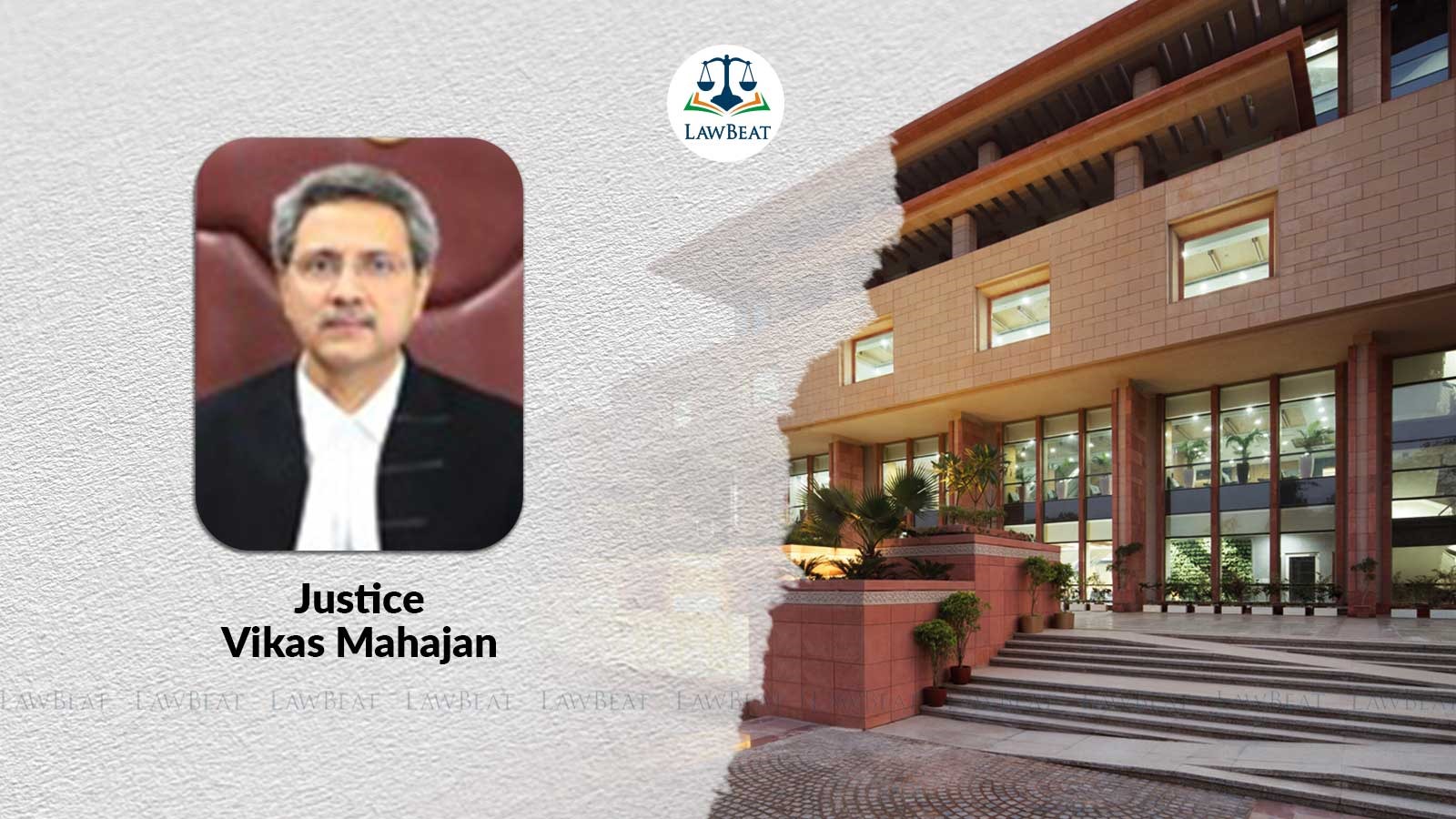Delhi HC Mandates Video Recording Of Bail Proceedings Under Section 15A(10) Of SC/ST Act, Even For Sexual Offences

The court added, “The legislature has not carved out any exception in Section 15A(10) of the Act for the sexual offences made punishable under Section 3(1)(w) and Section 3(2)(va). It is thus, amply clear that the legislature intended compliance of Section 15A(10) in respect of sexual offences committed under the Act as well as under IPC involving female victims whose identity, under the law, is required to be protected”.
The Delhi High Court, recently, held that video recording of bail proceedings under Section 15A(10) of the Scheduled Castes and Scheduled Tribes Act (Act), is mandatory even for sexual offences. The court further rejected the argument that the proceedings in relation to sexual assault under IPC and the POCSO Act ought not to be recorded to protect the identity of the victim.
“The provisions of Section 15A(10) of the Act are mandatory and the present bail proceedings will have to be video recorded”, the bench of Justice Vikas Mahajan held.
The court further opined that “The anonymity of the victim can be adequately protected and safeguarded during the video recording under Section 15A (10) of the Act by employing strategies like giving dummy names to the victims, face masking or pixelation of face etc. Moreover, the video recording will be maintained exclusively for usage by the Courts”.
A petition was filed seeking regular bail for offences, after a previous bail application was denied by the Trial Court.
Advocate Mehmood Pracha, representing the complainant, contended that as per Section 15A(10) of the Act, all proceedings regarding offences under the Act must be recorded via video. He further elaborated that the term ‘victim’, defined in Section 2(1)(ec) of the Act, refers to an individual from the Scheduled Castes or Tribes who has suffered harm due to an offence under this Act, and this also includes their relatives, legal guardians, and heirs.
Advocate Pracha argued that the complainant’s minor daughter, who was raped and murdered, qualified as a victim under this definition, given that the complainant belonged to the Scheduled Caste community. Therefore, video recording of the proceedings was mandatory.
Additional Public Prosecutor Ritesh Kumar Bahri, representing the State, argued that the identity of the victim must not be disclosed in any form, including print, electronic, or social media, as per the POCSO Act. He also cited Section 23 of the POCSO Act and Section 228A IPC, which prohibit the disclosure of a victim’s identity, and claimed that these provisions take precedence over Section 15A(10) of the Act.
The court noted that both the complainant and his daughter were to the Scheduled Caste community. Additionally, some of the offenses mentioned in the FIR were also under the Act.
In this context, the court framed the issue of ‘Whether it is mandatory to video record the present bail proceedings in terms of Section 15A(10) of the Scheduled Castes and Schedules Tribes (Prevention of Atrocities) Act, 1989, [in short ‘the Act’] arising out of criminal case relating to the offences under the Act?’
The court observed that the preamble of the Act states its purpose as preventing atrocities against Scheduled Castes and Scheduled Tribes, establishing special courts for such trials, and providing relief and rehabilitation for victims of these offenses. Given that atrocities against these communities persisted at an alarming rate and the existing provisions of the Act were deemed insufficient, the legislature amended the Act in 2016.
The court outlined that the Statement of Objects and Reasons for the Amending Act made it clear that the amendment was intended to enhance public accountability under the Act. The amendment also imposed duties on the State to ensure the protection of victims, their dependents, and witnesses. Therefore, Chapter IVA and Section 15A were introduced for the benefit of victims and their dependents, and the provisions must be construed liberally to fulfill the objectives of the Act.
Furthermore, the court reiterated a settled rule of statutory interpretation that if the language of a provision is unambiguous, it should be interpreted according to its plain meaning. In this case, the language of Section 15A(10) is clear, meaning ‘all proceedings relating to the offenses under this Act’ include bail proceedings before both the Special Court and the High Court.
Additionally, the court rejected the argument that proceedings related to sexual assault under the IPC and POCSO Act should not be recorded to protect the victim's identity. The court further emphasized that Section 23 of the POCSO Act aims to safeguard the identity of child victims of sexual abuse. While Section 15A(10) mandates video recording of all proceedings, it does not imply dissemination of such recordings to anyone, the court added.
“Section 15A(10) while providing that all proceedings under the Act shall be video recorded makes no reference to the dissemination of such recording to anyone, which means that the recording is to be preserved for the usage of Court”, the court highlighted. The court further elucidated that such records are meant for the court's use, and their release to the victim, their advocate, or NGOs should only occur with specific Court orders. Thus, the victim’s identity and anonymity can be preserved during video recording, and the Court may also conduct proceedings in-camera under Section 37 of the POCSO Act, Section 327(2) of the CrPC, or other applicable provisions to ensure privacy.
Therefore, the court held that the provisions of Section 15A(10) are mandatory, and the bail proceedings must be video recorded. However, this ruling will not apply retroactively to cases where proceedings were not recorded under Section 15A(10).
Case Title: Laxmi Narayan v State NCT Of Delhi (2024:DHC:6386)
